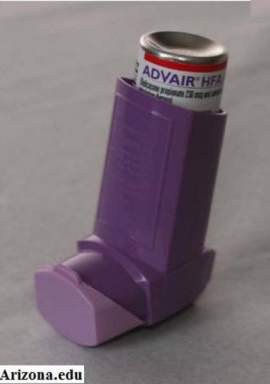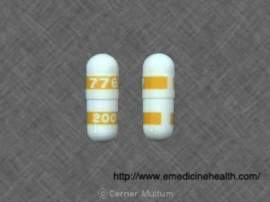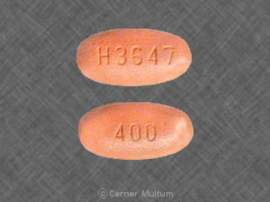
A Profile on Drug Addiction

Drug Addiction Defined
Drug Addiction is a medical classification implemented with regard to the classification of the rate of drug usage undertaken by an individual in conjunction with the nature of the substance habitually used by an individual – or individuals – suspected of Drug Addiction.
This process of Drug Addiction determination undertaken by medical professionals and drug counselors utilizes a wide range of factors, analysis, and observation of habitual behaviors concerning both the usage, as well as the reliance on illegal drugs. Due to the fact that Drug Addiction is considered as rooted within the psychological profile of an individual, as well as their physiology, the classification of the risks, levels, and severity of Drug Addiction is rarely uniform:
Contributing Factors to Drug Addiction
The National Institute on Drug Addiction (NIDA) identifies the following 3 contributory factors to be amongst the most significant with regard to Drug Addiction:
The environment of an individual is defined as the events, items, and people surrounding the individual in question; in the event that an individual is surrounded by individuals suffering from Drug Addiction – or the opportunities to undertake the usage of drugs, their respective proclivity for the development of Drug Addiction or drug addition is considered to be at a significant increase
The physiology of an individual is defined as their biological makeup, which consists of their respective habits, patterns, and behaviors; while certain individuals display traits of addiction and compulsion, others may not – the analysis of family history related to Drug Addiction is also considered to be amongst the most effective methods of determining individual risk of Drug Addiction
The personal development of an individual is defined as the methods, manners, and fashion applicable to that individual’s upbringing; due to the fact that the catalysts and triggers assumed to be contributory to the development of Drug Addiction are seldom uniform, individual life experiences, trauma, and mental state are considered to be the primary identifiers for the analysis of potential risk concerning the development of Drug Addiction habits
Drug Addiction: Getting Help
Drug Rehabilitation is a colloquialism that is commonly used when referring to facilities providing resources, programs, treatment, and rehabilitation for individuals suffering from Drug Addiction; due to the varying degree of addictedness to which the vast expanse of both illegal drugs, as well as controlled substances are classified, drug rehab treatment centers offer a wide range of treatment programs suited to meet the needs of individual cases of Drug Addiction.
The National Institute on Drug Addiction Drug Addiction Reports
Through the methodologies and ideologies undertaken by the National Institute on Drug Addiction, both the protection of the American public from the dangers and devastation connected to Drug Addiction - as well as the prevention of # takes place through the provision of educational resources and programs illustrating the dangers, risks, and destruction caused by Drug Addiction. In the event that you wish to obtain reports or findings illustrating Drug Addiction, you are encouraged to contact the National Institute on Drug Addiction through the following means:
National Institute on Drug Addiction and National Institutes of Health
6001 Executive Boulevard - Room 5213
Bethesda, Maryland
20892
(301) 443-1124
NEXT: Drug Abuse





















